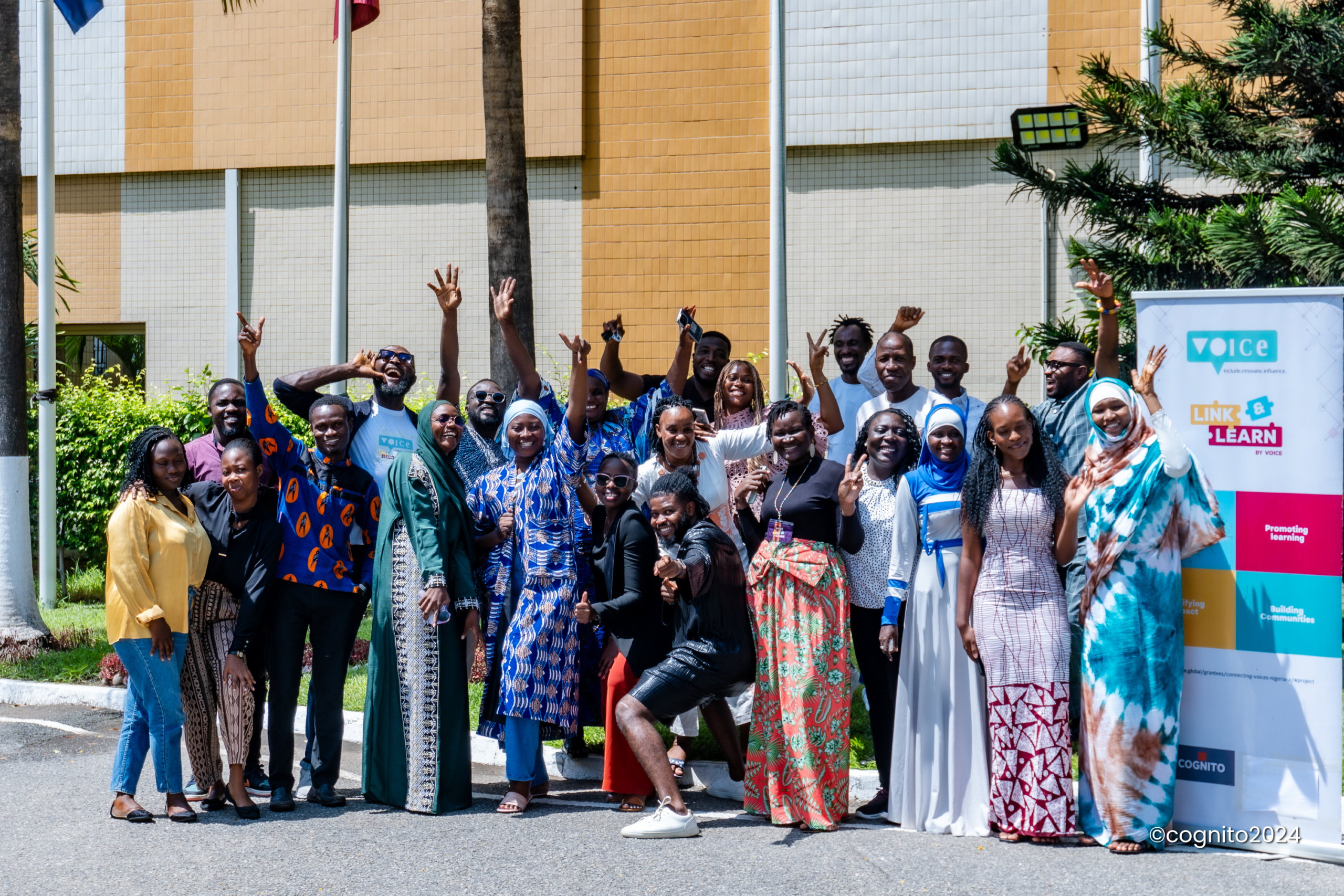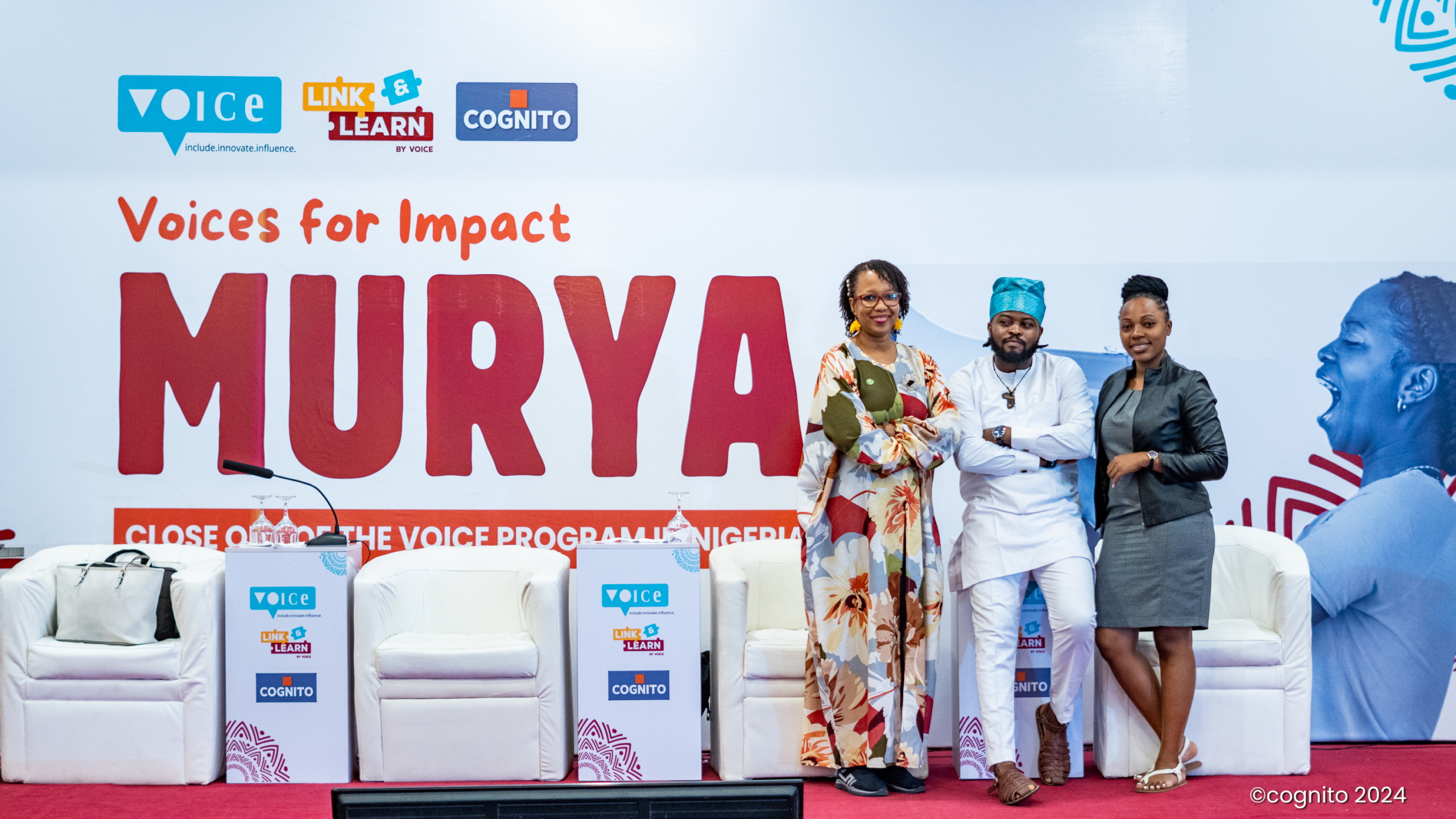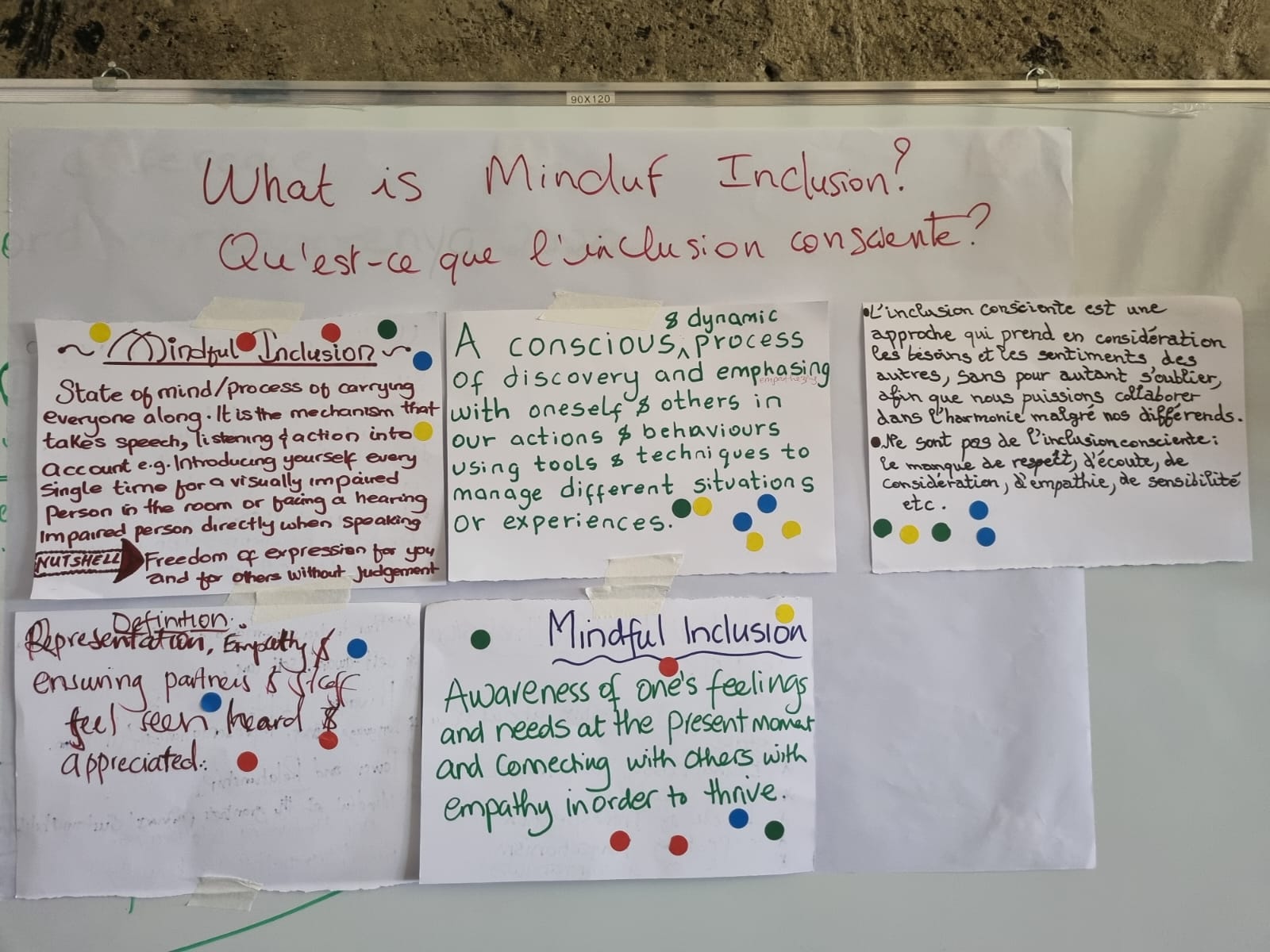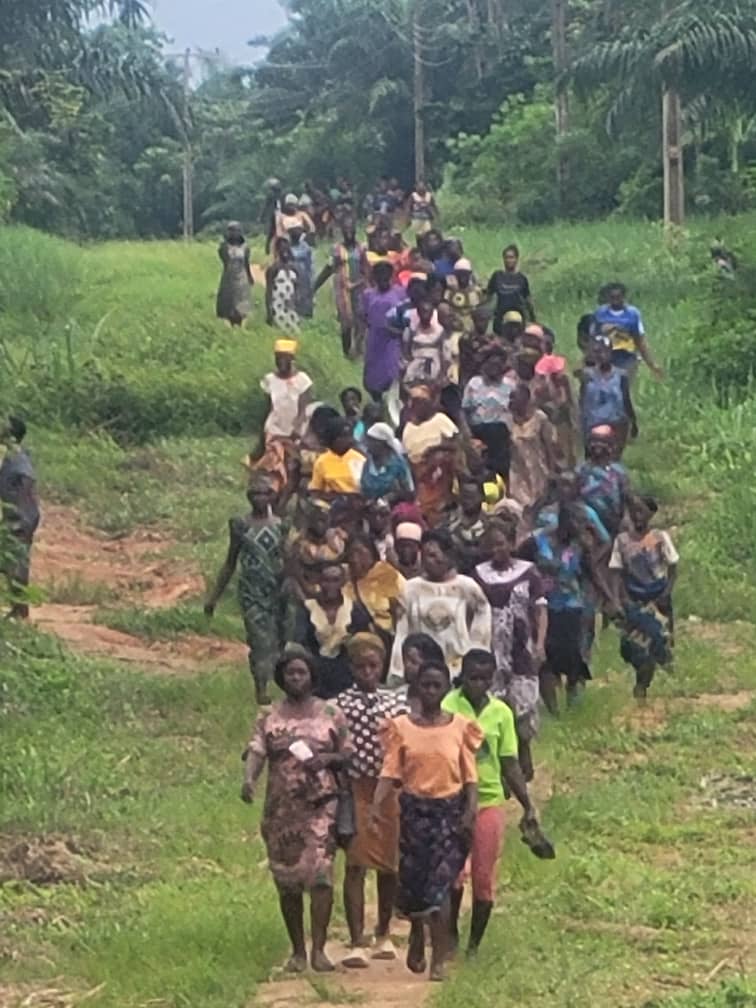From Active Listening to Active Change
VOICE’S RESPONSE TO THE GRANTEE PERCEPTION SURVEY REPORT
Since its inception, Voice has been intentional in seeking to listen and learn from its grantee partners. It is our commitment and aspiration to be a truly inclusive grant facility, putting into practice the principles we are anchored on: Leave No One Behind and Nothing About Us Without Us (NOW-Us). In keeping with this ethos, Voice in February 2021, commissioned the Center for Effective Philanthropy (CEP), to carry out a confidential survey with its grantee partners to understand what we are doing well and what we could be doing better. We are grateful to the 257 grantee partners (a 69% response rate!) who made time to engage in this exercise at an especially challenging and constraining time. The overall report prepared by CEP is available here:
We receive your insights and recommendations for improvement with great humility and commitment. We also hope that this can be an ongoing conversation between you and Voice. We are very inspired to learn that grantee partners see Voice as having a positive impact on the work of the grantee partners themselves, their fields and their communities. The sense of solidarity and connection forged by our Linking & Learning efforts have also been very well received by grantee partners in addition to the non-monetary support Voice offers. We are thrilled to learn that these efforts have contributed to growing grantee partners’ networks, forming new collaborations, and/or led to innovations or changes to their own practices or ways of working. Voice’s commitment to diversity and inclusion in its work and its commitment to combatting racism is also clearly seen and appreciated by our grantee partners.
Being committed to reflective ways of working as a grant-making facility, we will continue building on these positives. We will also dedicate specific attention to the areas of improvement our grantee partners have identified. These include- the quality of interactions between the Voice team and grantee partners, the stringency, intensiveness and formality of some Voice processes, and the perceived pressure on grantee partners to change their organisational priorities during proposal development. We are humbled to receive this feedback, which is particularly telling in the context of the long-due but ongoing sector-wide discussions on localising, decentralising and decolonizing aid. While we are keen to contribute to the systemic change that the #ShiftThePower movement is demanding, we are equally committed to taking immediate, tangible actions that demonstrate our intention to be a feminist, trust-based, and inclusive grant-making facility.
Since September 2021, Voice has been taking steps to ensure dissemination and socialisation of the findings and recommendations of the survey report within Voice and within Oxfam Novib and Hivos. Measures to share the survey report widely with grantee partners have been planned as outlined in section 2 below. Voice has also begun an internal reflection on how to translate the recommendations received into concrete changes to our ways of working. One such reflection is taking place on the issue of terminology and a shift in our framing to viewing grantees as partners. This change comes from a collective understanding of the power of language and the way in which terminology itself can empower or disempower. We seek to signal our intention to build transformative partnerships with groups whose work Voice is resourcing and move away from transactional ways of working. The measures outlined in this response are some steps we are taking to ensure that this change in terminology is practically embodied further in our grantmaking and ways of working.
Based on the full report of findings, we present below some of the specific actions we will be taking within the coordination team and the country teams to respond to the recommendations:
[1] The Voice Linking & Learning infrastructure has been decentralised with the recruitment of 10 Linking, Learning & Amplification Officers in the Voice focus countries and the selection of Linking & Learning Facilitator organisations who work with the Linking & Learning Coordinator to deliver on Linking & Learning as an intervention.
| RECOMMENDATIONS | PLANNED ACTIONS | |
| 1 |
Further boost positive perceptions of impact on grantees’ fields and local communities, continue growing Voice’s Linking and Learning efforts and provision of non-monetary support |
|
| 2 |
Explore approaches to improve the quality of interactions with grantees |
|
| 3 |
Review Voice’s proposal and reporting requirements to identify areas that could be revised to ensure processes are streamlined, less time-intensive, helpful and more adaptable to grantee circumstances, particularly for small grantee organisations |
|
| 4 |
Facilitate internal discussions about the drivers behind the high level of pressure grantees experience to change their organisational priorities during proposal development and seek ways to mitigate its potential adverse effects on impact and on relationships with grantees |
|
| 5 |
Consider providing more flexible and multi-year grants for Voice’s trusted grantees. |
|








